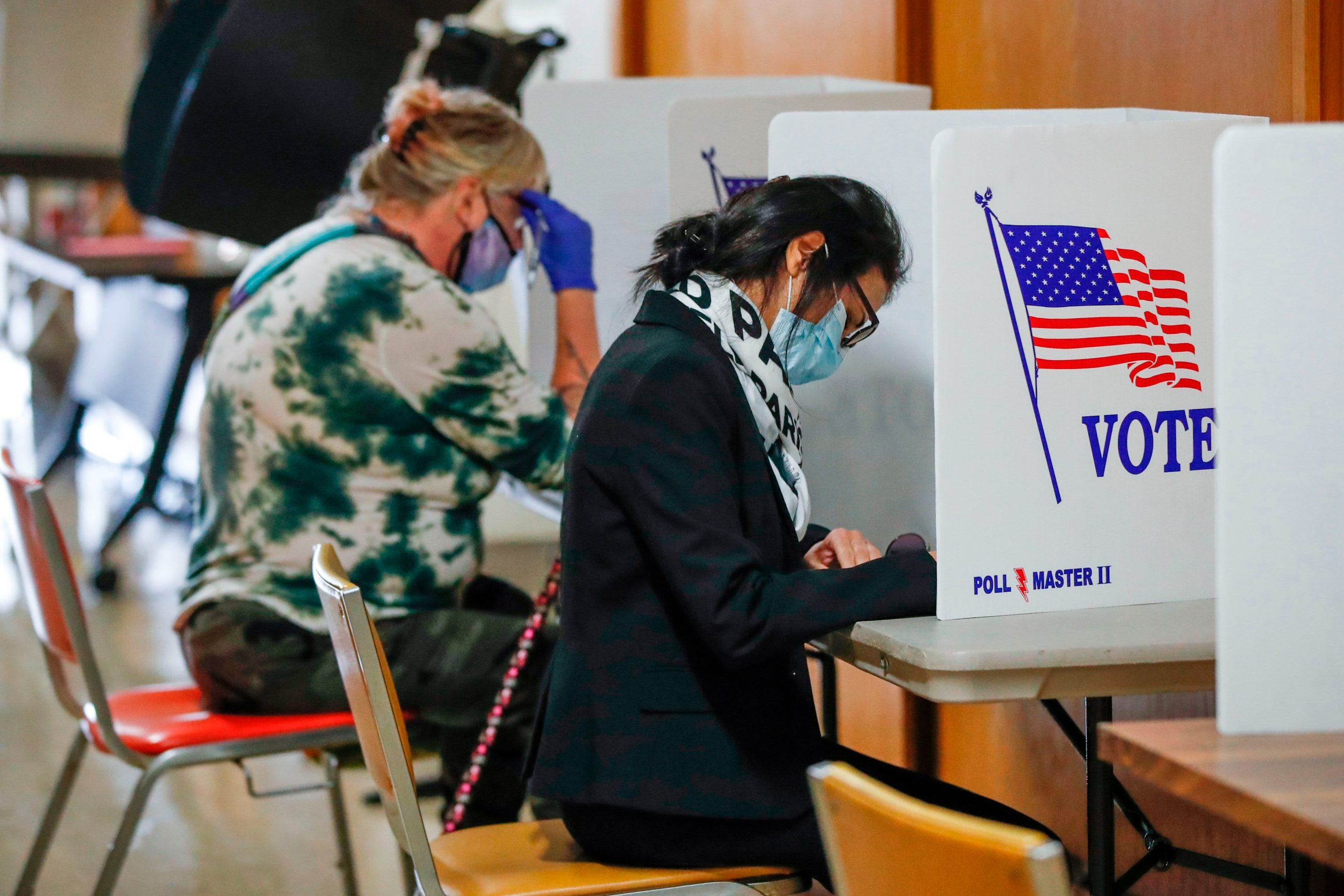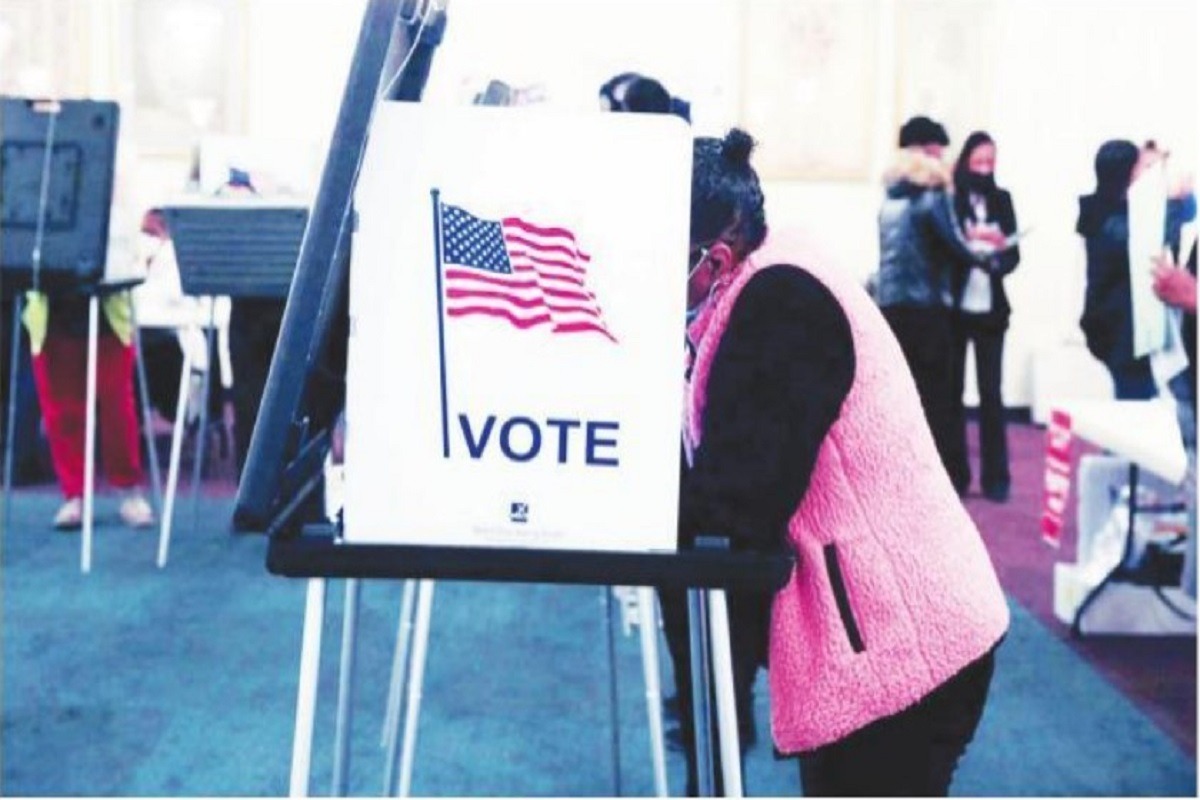Former President Donald Trump’s critique of a “war on energy” appears to be gaining traction in Pennsylvania, a key battleground state where the fracking industry plays a vital role in the local economy.
Voters concerned about energy costs and inflation are reportedly leaning toward Republican candidates. They view the Democratic Party’s environmental policies, often associated with the Green New Deal, as detrimental to their interests.

Voters (Credits: CNN)
In the suburban and rural areas of Pennsylvania, beyond the Democrat-dominated major cities, there’s a noticeable shift among blue-collar voters toward the Republican Party, driven by energy policy considerations.
This shift is underscored by personal anecdotes, such as Adam Kress from suburban Pittsburgh, who believes the oil and gas sector fares better under Republican leadership.
John Sabo, a 45-year-old natural gas fracking industry manager, has definitively broken with the Democratic Party. He attributes his decision to switch support to Trump in the 2016 and 2020 elections to the party’s stance on energy policies.
Sabo’s sentiment reflects a broader disillusionment among traditional Democratic voters who feel alienated by the party’s current direction on energy issues. Alan Benyak, a lawyer from Washington County and a former Democratic State Committee member, also cited energy policies as a primary reason for changing his party affiliation after 2022.

Voters (Credits: The Statesman)
Benyak’s experience at state committee meetings, where he felt increasingly out of step with the party’s direction, illustrates the growing divide within the Democratic Party over energy policies and their impact on regions dependent on the fossil fuel industry.
These perspectives from Pennsylvania voters highlight the potential political implications of energy policies in critical swing states. They suggest that the Democratic Party’s environmental agenda may contribute to a realignment among traditionally Democratic blue-collar voters who prioritize energy industry jobs and affordable energy costs.


























